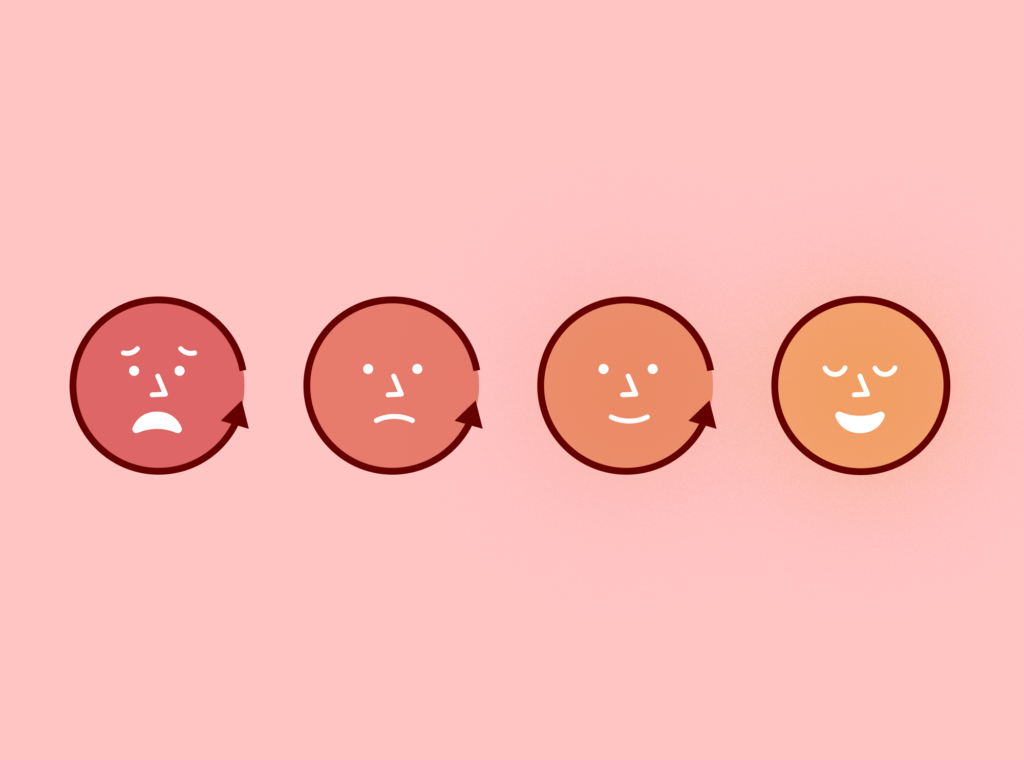
Today, we’ve asked Michael Norton to share his Tip of the Week.
A professor at Harvard Business School I’ve known for many years always does the exact same thing before class. Because the school uses the case method, an open-ended discussion that can go in any direction at any time, class can be very unpredictable—and stressful. This professor paces back and forth in his office 30 minutes before class starts, running the discussion plan through his mind. He then writes down that plan on a pad of paper (that must be yellow) in a black-leather binder his father gave him 25 years ago, which he’s used every single day he’s taught at the school.
This person, of course, is me. What was I up to in my pacing and scribbling? In times of stress and uncertainty, people often turn to rituals. And these rituals can be helpful in how we end up viewing our performance. In one study, researchers asked people to complete this ritual every day for a week:
Bring your fists together at your chest, slowly raise them above your head, and as you do, draw in a large inhale through your nose. Return your fists to your chest while drawing out an exhale through your mouth. Repeat this three times.
People then had to complete a series of difficult tasks that they were bound to make mistakes on. The researchers measured a pattern of brain activity that tracks the feelings that emerge in response to how well we did versus how well we thought we would do—basically, an “uh-oh” reaction to errors. They found that rituals decreased people’s negative response to their mistakes, suggesting that rituals help us move past our inevitable mistakes whenever we perform.
Here are two steps to help you explore the potential of performance rituals. First, take an audit of your existing ones. The next time you’re gearing up for a presentation, notice the little things you do to get yourself “ready to go.” Second, consider honing your existing rituals and even trying new ones in moments where you haven’t before. The stuff you need is already around you. Pacing, yellow paper, and black binders do it for me, and you know best what might resonate for you.
Don’t be embarrassed if you use rituals to try to calm your nerves.
Do experiment with using rituals to prepare yourself before performing, whether it’s taking a test or competing in a sport, and help young people do the same. Even small acts can provide comfort if and when you make a mistake so you feel ready to face what’s to come.
With gratitude,
Mike
Michael Norton is a professor at Harvard Business School and the author, most recently, of The Ritual Effect: From Habit to Ritual, Harness the Surprising Power of Everyday Actions. His TEDx talk How to Buy Happiness has been viewed more than 4.5 million times.
